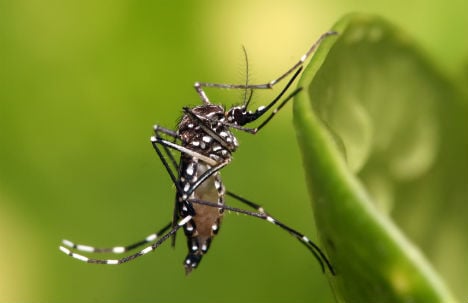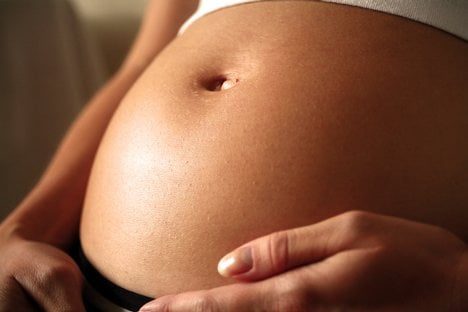A woman who had travelled to Brazil has been diagnosed with the mosquito-borne disease, Prof. Ursula Wiedermann-Schmidt, Head of the Institute of Tropical Medicine at Vienna University, told Ö1 radio.
Zika is linked to babies being born with underdeveloped brains and has caused panic in Brazil, where thousands of people have been infected. It is spreading through the Americas.
Prof. Pamela Rendi-Wagner from the Institute of Tropical Medicine told the Kurier newspaper that the woman had shown “mild symptoms of the Zika virus after returning from Brazil” and that a blood test had now confirmed that she does have the disease.
She is not pregnant, and is expected to make a full recovery. Rendi-Wagner stressed that there is no risk of infection in Austria, as the virus is transmitted by the Aedes mosquito which is not native to Austria.
Zika symptoms in adults and children include flu-like aches, inflammation of the eyes, joint pain and rashes, although some people have no symptoms at all.
Pregnant women have been advised not to travel to areas affected by Zika.



 Please whitelist us to continue reading.
Please whitelist us to continue reading.